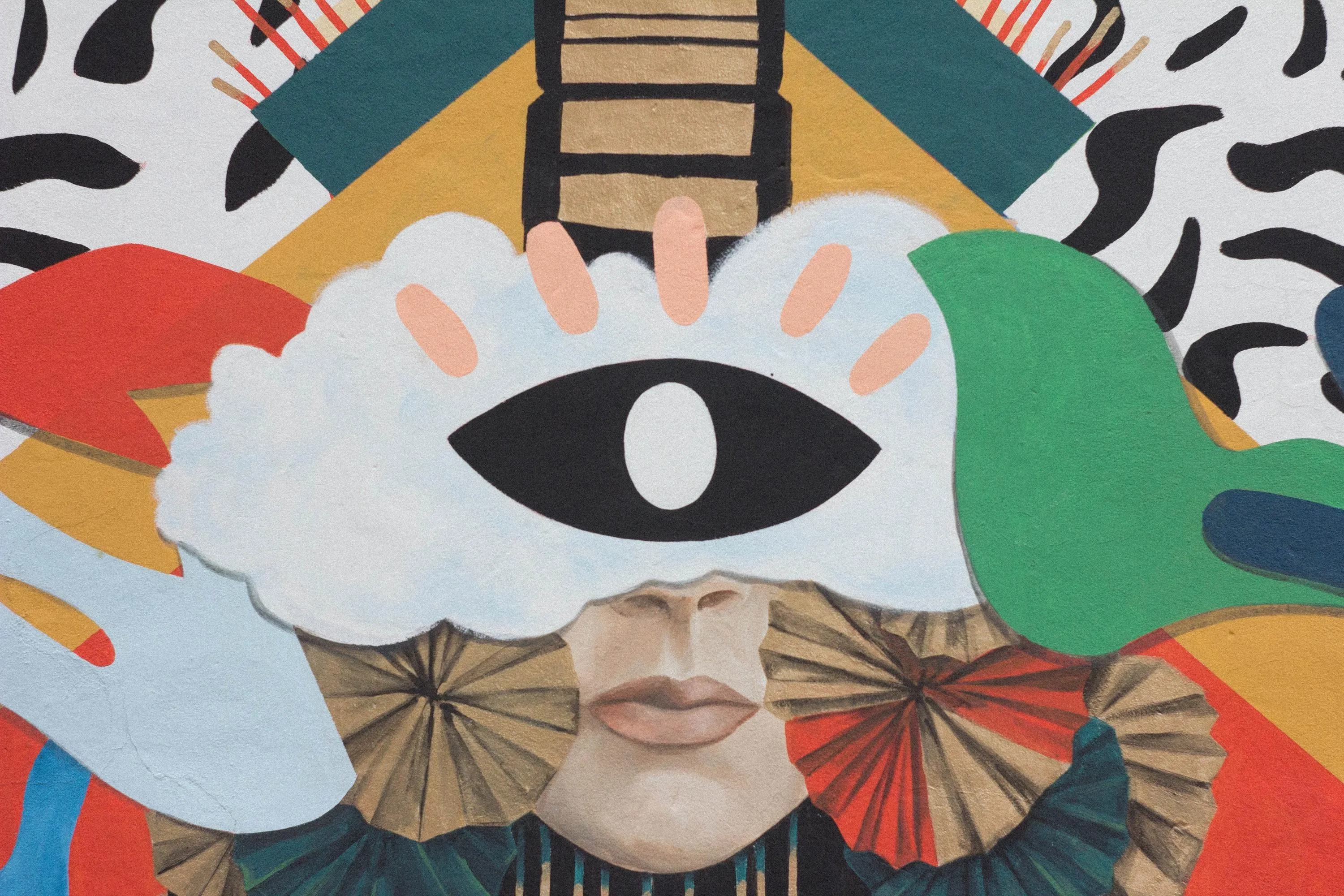Landing a job in the arts

Arts-adjacent - but still in the arts
The dream for most artists is to make a living as an artist. But, we all know how tough it is out there. Not every artist makes a living producing their art.
But that doesn’t mean we all need to pack it in. There are lots of jobs that are around the arts but aren’t necessarily in the practice of making art. These jobs are a good middle ground for any artist. They keep you connected to the community, they keep you involved in arts, and you have a natural edge for them.
Elizabeth Swinburn is an artist who has been working in these “arts-adjacent” roles for a number of years now. I caught up with her to hear her story and get some tips for people looking to follow a similar path.
A bit of background
Elizabeth started her career as a dancer, and trained as a movement practitioner (the Feldenkrais Method, to be specific) in Australia. She ran into the problem I mentioned above - it’s hard to make a living as a dancer. So she always did admin and bookkeeping on the side.
To further develop her admin skills, she did a Microsoft Office certification at TAFE, and then, through networking and being immersed in the arts world, she worked in a series of jobs in a variety of arts organisations throughout Australia. In these roles, she managed lots of projects and events, including organising 10 indigenous arts organisations from across Australia to showcase their work to foundations and philanthropists in Melbourne. She also worked in the Philanthropy Unit for the Australia Council for the Arts, and many other organisations.
Now she’s back in New Zealand after three decades in Australia, working as an Executive Assistant at the Auckland Arts Festival.
Why do it?
At first glance, an arts administration role might look like any other admin role - but Elizabeth assures me this is not the case. These roles require a certain kind of person - not just someone who is competent, but also someone who is passionate about the arts. In fact, one of the common interview questions for these roles is “what performances have you attended recently?” This shows how important it is to be involved in the community.
Elizabeth reckons that one of the main things that qualified her for these roles was her previous experience as an artist. “It gave me layers of passion, experience and exposure,” she said.
“It’s got to be in your bones if you’re going to make it.
It’s got to be in your bones if you’re going to make it.
So if you’re looking for a job in the arts, and you have experience as an artist, that’s immediately showing your future employer that you have both an understanding of the arts world, and (importantly) that passion in your bones.
But there’s a benefit for you as well - you get to use this passion every day, and be involved in the incredibly important “back end” of the arts.
There can also be lots of opportunity to grow your skills in these roles. When Elizabeth was in Australia, she really pushed outside of the traditional admin tasks, and into things like project and event management, as well as finance. This helped her build up her “toolbox,” and get a lot of satisfaction that comes from getting art in front of people.
![]()
What can we learn?
So if you want to follow a career path like Elizabeth’s, here are some tips:
Network, network network: Networking doesn’t have to be - nor should it be - some superficial business-card-swapping exercise. Rather, networking is all about building relationships. This is useful for all kinds of reasons. For one, if you have a solid network, people will shoulder-tap you for jobs they think you’re qualified for. For two, you get a good view of what’s happening in the industry generally - this is invaluable in job interview situations. For three, you can show that you’re connected (remember how important passion is) by mentioning people and events you’re familiar with.
Building a network doesn’t happen overnight. Don’t be be afraid to contact people and ask if they want to meet for a coffee or a drink! People are often happy to talk, and it’s great to build face-to-face relationships.
Do your research: When you’re going into an interview, make sure you do some research on the interviewer (or interviewers, if it’s a panel). Knowing where they’re coming from and what’s important to them will help you tailor your answers. This is another area where your network is really valuable - you can do great research by just asking around. Or you can check out the organisation and its staff
Stay connected to the arts: Make sure you make the time to keep working on your craft, and to be involved in the community around your craft. This shows your passion, and (again!) helps to build your network and knowledge of that modality.
Don’t neglect the formal skills: I said this up the top, but it’s worth repeating: these arts jobs aren’t just paying you to be interested in the arts. You have to actually be able to to do the job too! But learning the necessary skills is worthwhile, both for the arts-adjacent roles they open up, and - in most cases - they’ll be of use in your main gig, too.